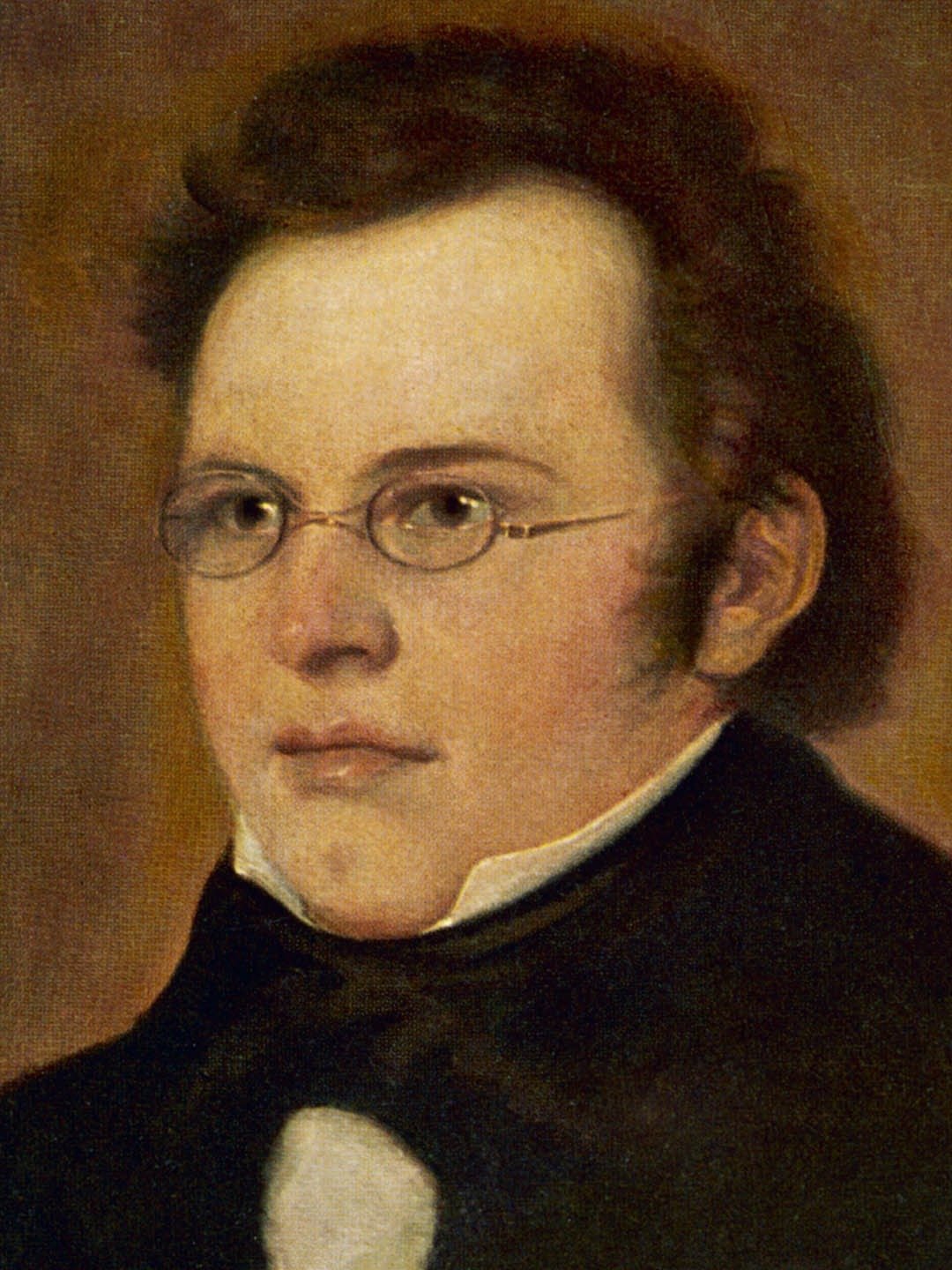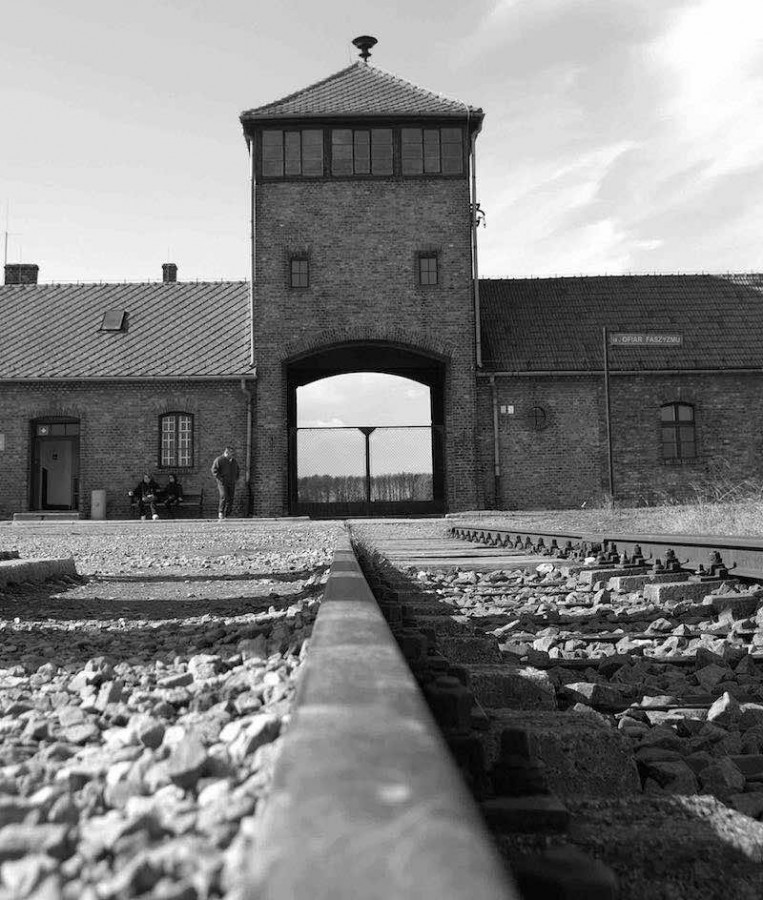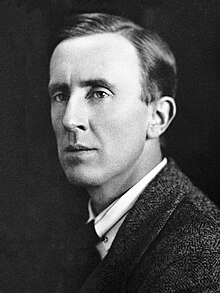This past Sunday, I delivered the morning message at the church we attend. For today's blog, I'm sharing it. It is based on Luke 2:21-28.
Light Illumined

Isaac Newton, one of the most influential figures in seventeenth century Western Europe’s Scientific Revolution, is perhaps most famous for his “discovery” of gravity, his seminal insight that within, throughout, and everywhere in between all the processes and machinations of the cosmos there is an invisible force, a silent but irresistibly compelling energy and dynamic holding all things together.
Yet Newton is equally revered for his insights into the nature of light. Light, he concluded, after repeatedly refracting light through a glass prism, is more than just a “flow” of “white” rays. Indeed, he observed, it is the precise opposite. Light is a spectrum, a spectrum of many and multiple colors. In fact, in its deepest core, light is actually formed from color. When we look at “white” light, we are therefore actually only skimming the surface of what light really is.
Newton unpacked light. He revealed light. Newton illumined light.
As will we. Let’s look at the story before us.
As Luke tells it, after their time of purification (as prescribed in Leviticus12, a forty day period of seclusion following childbirth which included, for a male, circumcision), Mary and Joseph brought their new son to the temple. In line with the regulations set forth in the thirteenth chapter of Exodus, they had come for the formal dedication of Jesus, their first born son, to God. Because they were a family of little means, per Leviticus 5, they brought a pair of doves—not a lamb—to be sacrificed for the offering. It was a fairly routine ceremony.
Fairly routine until a man named Simeon, a long time and, according to the text, devout and righteous resident of Jerusalem, strode into the temple. Seeing Jesus, he takes the child into his arms and, after thanking God that God had indeed allowed him to live to see Messiah (in Hebrew, the “anointed one”), speaks, first to God, then to Mary. What he says forms the heart of our time today.
Simeon tells God that he, Simeon, sees, in Jesus, God’s salvation. What does he mean? Running through the entirety of the prophetic narratives of the Hebrew scriptures (the Old Testament) is a story. It is a story of liberation, it is a story of release. It is a story of promise, it is a story of hope. Bottom line, it is a story of memory and commitment, Israel’s memory, its zakar, of God’s covenant with them, and God’s commitment, his everlasting commitment to the fulfillment of this covenant: one day, Messiah will come.
And now he has. In its Greek and Hebrew roots, salvation means “rescue”: Jesus, Simeon is announcing, is Israel’s eternal “rescue,” its lasting redemption, the redemption for which, to paraphrase Amahl’s mother’s words to the travelers from the East in Gian Carlo Menotti’s opera “Amahl and the Night Visitors,” Simeon has “been waiting all his life.”
There’s more. Simeon goes on to explain that God has not just prepared this salvation—the advent of Messiah—for—and before—the Jews. He has prepared it in the presence of all peoples. God, he is saying, has prepared and, significantly, will accomplish Messiah in the course of all human history, in the course of all human adventure, folly, and endeavor. Messiah’s coming will be the completion of a full orbed, comprehensive, and transcending outworking of the purposes of God in and for all the cosmos.
So does Paul note in one of our other lectionary texts for this week, Galatians 4:1-7, that in the fullness of time (the kairos, the precisely right moment), God sent forth his son. Not any earlier, not any later, but in a perfectly completed (pleroo) point of time. In his sovereign movement and design, God ensured that all human story, narrative, space, and time will find its ultimate and culminating purpose in the birth of Messiah.
For as Simeon well knew, perhaps thinking of Psalm 148, another of this week’s lectionary texts, reads, God has “established [all things] forever and ever; he has made a decree which not pass away.” What God had promised to Abraham over fifteen hundred years before, he will absolutely and totally bring to pass.
And, Simeon notes, we will all see it. Even if we do not think we do: Messiah will be born in full view of all humankind. So did Isaiah predict in chapter forty of his lengthy prophecy, “Then the glory of the Lord [Messiah] will be revealed, and all flesh shall see it together.”
Then Simeon says even more. Digging ever deeper into the Hebrew redemption narrative, Simeon proclaims that this Messiah is light, the light, the light of Genesis 1:3, the firstborn light of creation; the light of John 1:4, the light from which life comes; the light in which, as 1 John 1:5 declares, there is no “darkness at all.” For every human being. As his use of Isaiah’s songs of the Servant—specifically, Isaiah 42 and 49—make clear, Simeon is unreservedly stating that Messiah’s light is the living light of God: the essence of the creator. And it’s not just for Israel. It is for everyone.
For Simeon’s audience, this was a radically new development. Messiah is for Gentiles, the nations, the goyim? How can this be? Yet it can be no other way. Revelation necessarily is, as apokalupsis, the Greek word from which it is translated suggests, something totally new, something supernally unexpected, something that discloses and unfolds things heretofore not seen, things not even conceived or imagined. This light of revelation, Simeon is saying, will ineluctably and singlehandedly rupture what is, splinter and crack what seems to be, and speak of and present things beyond what seems possible. It will be more real than reality itself, singularly and powerfully compelling, drawing its hearers into realms of understanding infinitely beyond their present ken.
This light is light that splits light apart. This is light that overpowers all intimations of earthly futility and vanity, the light that conquers and vanquishes every challenge of worldly darkness.
This light is the face of God. This light is light illumined.
But as Simeon notes, this light is also the glory of Israel. Glory, kabod, means many things in the Hebrew scriptures. In this instance, however, in the same way that it is used in Psalm 16 to point to the human essence of the writer, here it is used to point to the essence of a nation. Simeon is suggesting that in Israel is the salvation, the rescue, and, most importantly, the healing of every human being on the planet.
As Judaism has always seen it, Israel’s messianic calling is not just to heal itself, but to in fact heal the entire the planet, to be, as Rabbi Yechiel Leiter, in the funeral eulogy he delivered for his son after he was killed in Gaza in November, put it, the balm of all nations, the illumined light of all humanity. Tikkun olam: “the healing of the world.” Messiah of all.
Yet as Simeon adds, though light illumined can be blindingly bright, it can also be overwhelmingly difficult and challenging. As he tells Mary, Jesus “has been appointed for the fall and rise (or anastasis, “resurrection”) of many in Israel AND for a sign to be opposed.” Before we can rise, we must fall; before we can be resurrected, we must die. Israel, whose name actually means “the one who struggles with God,” and the goyim, the nations, will experience hardship and pain before they can experience the grace of light illumined. As Jesus was to come to know, although he had come to redeem, he could not grant this redemption earthly permanence until he had tasted opposition, the opposition of those who, not yet having experienced light illumined, did not fully understand who he was.
And, as Simeon goes on to say to Mary, “A sword shall pierce your heart to the end that thoughts from many hearts may be revealed.” Light can only be illumined if it is pierced, if it is fissured and is broken apart. Only then will we see its color, see it as it most is. In his 1960 movie “Virgin Spring,” Ingmar Bergman tells the tale of a couple whose daughter is, tragically, abducted, raped, and killed. It’s not a happy plot. At the end of the film, however, when the couple locate their daughter’s body, and her father lifts it off the ground to prepare it for burial, a most startling thing happens: water bursts out of the earth. Out of death new life comes. Out of shattered light revelation emerges. Out of the piercing of our hearts comes deeper insight into the meaningfulness of God.
When he published his groundbreaking novel about the astonishing and otherworldly artistry of Michelangelo in 1961, author Irving Stone titled it The Agony and the Ecstasy. Why? He knew that, as Simeon had observed centuries before, eternality and finitude do not easily mix: we do not see light illumined without embracing the aching immensity of inspired brokenness and transcendent pain. In this, we wonder whether had not Italian opera composer Giuseppe Verdi endured the tragic deaths of his wife and their two young children, would he have been able to taste the tangled and gestational depths of human despair out of which his music came. Light had to be broken before it could show its color, before it could fully shine.
But that’s the point. As the fourth of our lectionary texts for this week, Isaiah 61:10-62:3, announces to its readers, “The nations will see your [Israel’s] righteousness, and all kings your glory; and you will be called by a new name which the mouth of the Lord will designate.” When we step into light illumined, the illumining light of Messiah Jesus, we are made new, radically new, kainos, made new in a way that we cannot possibly have known or experienced before. Moreover, as John 1:11 attests, we are given a new name: children of God.
When this happens, as Galatians 4:9 and Psalm 25:14 state, not only will we know God but even more importantly, we will come to be known by him. God will love us as his dearest child, his closest friend. And we can then join with Paul, per Galatians 4:7, and call God abba. Abba is an Aramaic word (Aramaic was the lingua franca of the New Testament world), a word that suggests a particularly close familial relationship, a richly intimate connection with one’s male parent. Some translate as it as “deeply loved father,” others as “Daddy.”
In this life, we cannot get much closer to God.
Isaac Newton refracted earthly light and showed its colors; Jesus refracted divine light and showed its heart. Jesus’ light is indeed light illumined, light that probes, pierces, and challenges, yet light that also blesses and reveals. Jesus’ light stretches us, it heals us; it takes us apart, it puts us back together. Jesus’ light makes us completely new. Step into this light, open yourself up to its revelatory power. Learn from it, grow in it. Find God as you have not found him before. Step into the illumining light of God.
Have a great day!
















